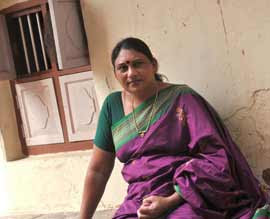Now that Pakistan pace ace Shoaib Akhtar's book, Controversially Yours, is virtually assured of bestseller status, will other players take inspiration to write autobiographies? Here are some title suggestions...
Pakistan fast bowler Shoaib Akhtar's recent and controversial autobiography made me think. If he can 'write' a book, why not Indian Test cricketers?
Here are suggestions for autobiography titles:
The Great Wall of India, My Very Very Special Story, Viru's Gunning for a Six, Yuvi's Six Appeal and Saving for a Raina Day.
The English way
At least nine cricket books were written after England regained the Ashes in 2005. I wonder how many will be written after Andrew Strauss' men dethroned India to reach the No 1 Test ranking. Some zany ideas for autobiography titles for them: Eat, Pray and Cook, It Rings a Bell, My Broad, Broad Ways, Swann Song, Waltzing with Strauss, Fox Trott and Flint off his game?
Some ideas for Australian Test cricketers: Fast bowler Trent Copeland getting a wicket off his second ball in Test cricket at Galle inspired me with this novel notion. Why not title his biography, Cope Lands a Winner? Then I saw Peter Siddle in the Australian dressing room sitting between Ricky Ponting and Mike Hussey. The title of his bio/ghosted autobiography sprung to my mind: Siddle in the Middle.
Full report here Mid-day












